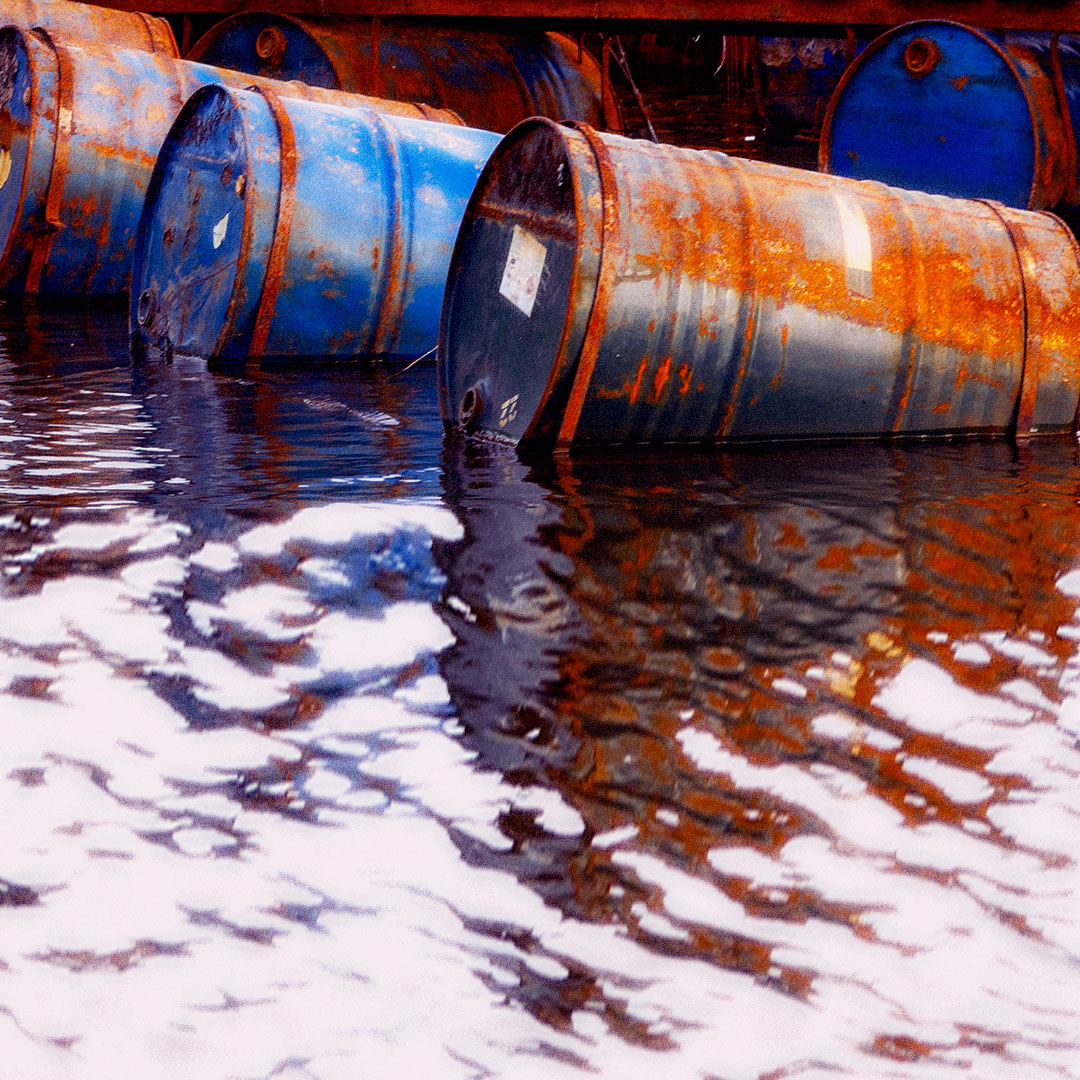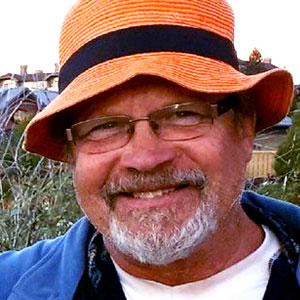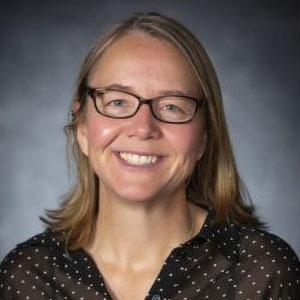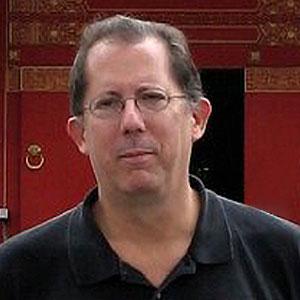Southern California Bight: Ocean Dumped DDT Waste

WHEN
Thursday, January 6, 2022
11:00 a.m. - 12:00 p.m. (Pacific Time)
LOCATION
Online
Zoom
PRICE
Free
Check out this video to watch the Southern California Bight: Ocean Dumped DDT Waste.
Continuing Effects to the Marine Ecosystem
A Speaker Series:
Toxicology and Societies
The Impacts of Chemicals in Our Lives
Brought to you in partnership with Western's Institute of Environmental Toxicology and Chemistry and Western's Alumni Association
Please join us for the next speaker in our series on Toxicology and Societies: The Impacts of Chemicals in our Lives.
From 1947 to 1982, Los Angeles-based Montrose Chemical manufactured thousands of tons of DDT, and was the nation's largest manufacturer of the insecticide. Much of the caustic waste from the plant was transported to the Los Angeles County Sanitation Districts wastewater treatment plant and ocean outfalls near the Palos Verdes Shelf. This waste was legally discharged under Los Angeles Regional Water Quality Control Board permit until 1971 to shallow offshore receiving waters along the Shelf. As follow up to these discharges, NOAA launched a Natural Resource Damage Assessment action and worked with USDOJ to conduct a “DDT trial” which took place in 2000 and resulted in a consent decree and settlement of approximately $140M earmarked for restoration of Santa Monica Bay and environs.
It is important to note that neither the NRDA action, DDT trial, nor the Superfund designation were specifically related to the practice of deep water ocean dumping of DDT wastes from the Montrose Chemical plant, which occurred until the 1960s.
This presentation focuses on distinguishing the ocean-dumped DDT residues from the wastewater discharges to the Shelf, updates what is known about the ocean-dumped residues, and emphasizes the importance of understanding continuing potential effects to the marine ecosystem of the Southern California Bight.
Our vision in developing this series was to support a better understanding of something that affects all of us. There are over 300,000 chemicals being produced and used in almost everything we wear, eat, and drink. How can you ever hope to understand when and where you or your family might be at risk from some of these chemicals? The short answer is, you can’t know everything about all of these substances, but you can learn more about how toxicology (the study of toxic substances) affects you and your society.
This seminar series aims to help you better appreciate, understand, and evaluate the many ways that manufactured chemicals interact with all humans on Earth.
More information about the speaker series is available here.
We have moved to a new event system! We encourage you to create a new profile and login when you register for this and future events, however, you are not required to login to register. If you have any questions or concerns, feel free to contact us at alumni@wwu.edu and we will help you update your information. Thank you for joining us, and we'll see you soon!

Allan Chartrand
Speaker
Mr. Chartrand has 35 years of professional experience in environmental science , was Board-certified in toxicology by the American Board of Toxicology, and is a former water quality scientist for California's Los Angeles Regional Water Quality Control Board (LARWQCB). He was the senior author on the original "Ocean Dumping of DDT" report issued by the agency in 1985, which led to extensive public attention and investigation of the nature of DDT in these deepwater basins. He was the principal investigator for the follow-up DDT ocean dumping investigation, completed in 1987.
For more information about Allan, please click here.

Ruth Sofield
Co-Host
Ruth Sofield is a Professor of environmental toxicology and chemistry in the College of the Environment. She received her PhD and MS in Environmental Science and Engineering at the Colorado School of Mines. Ruth’s research group focuses on the effects of water and air pollution. Their current projects include the aquatic toxicity of microplastic and tire wear particles, and the use of moss as a biomonitoring tool for particulate matter. Ruth is a member of the Puget Sound Partnership Science Panel and the President of the Pacific Northwest Society of Environmental Toxicology and Chemistry.

Tracy Collier
Co-host
Tracy Collier received his PhD in Fisheries Sciences from the University of Washington. He has worked for over 45 years as a toxicologist, with more than 35 of those years spent at NOAA’s Northwest Fisheries Science Center, where he served as the director of a science division that employed up to 100 people, covering several disciplines, including environmental toxicology, analytical chemistry, harmful algal blooms, and watershed processes. He has over 175 scientific publications, and currently is an affiliate faculty at Western.
Upcoming Winter Quarter Talks
Date:
February 3, 2022. 11:00 a.m. - 12:00 pm (PT).
Speaker:
Lorelei Walker (Social Safety Initiative)
Topic:
Gaps in Health Equity During COVID-19:
Disinfectants in Licensed Childcare Settings and the Impacts to Priority Populations
Questions and Accommodations
Contact the WWU Alumni Association for this event. Feel free to call at (360) 650-3353 or email at alumni@wwu.edu if you have any questions or comments.
There will be auto-captions available for this event. To request closed captions, please mark the request on the registration form. Advance notice of three days to one week is appreciated.